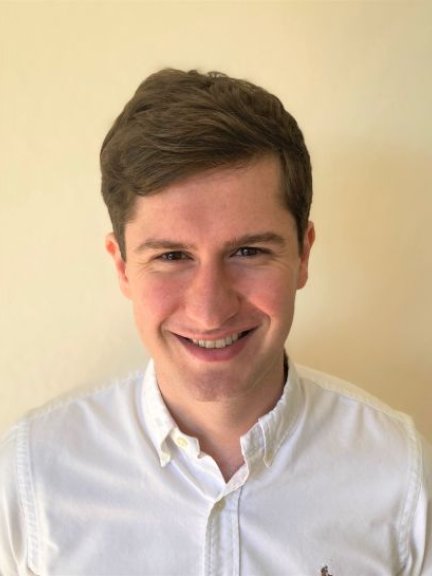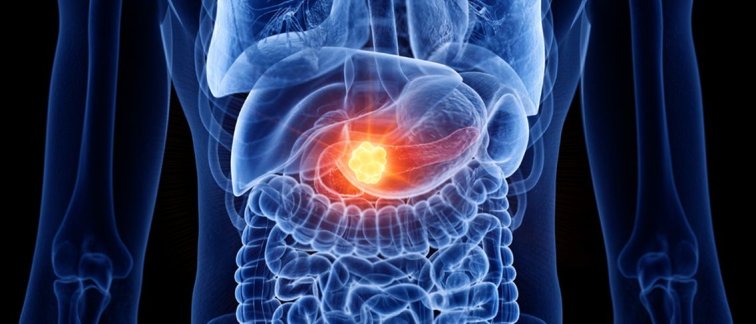Pancreatic cancer is among the deadliest types of cancer because it is often detected late and is generally biologically aggressive. Increasingly, treatment for pancreatic cancer involves pre-operative chemo(radio)therapy, which appears to improve the chance for surgical removal of the tumor and improve survival.
Following preoperative chemo(radio)therapy and surgical resection, the chemo(radio)therapy response is assessed by examining the surgically removed tumor under a microscope. The degree of response indirectly reflects a tumor’s sensitivity to systemic/local cancer treatment and could therefore be used to guide the choice for chemotherapy after the operation. However, several tumor response scoring systems exist and there is a lack of consensus which is best. In addition, the scoring criteria lack definitive and objective terms, making them difficult to use in research and clinical settings.
Study coordinator Boris Janssen, a PhD Candidate in Hepato-Pancreatico-Biliary (HPB) Surgery and Pathology at Amsterdam UMC, explains: “Current tumor response scoring systems are based on subjective terminology and therefore suffer from interobserver variability. As such, it remains difficult to use the systems to guide chemotherapeutic therapy after the operation. More objective assessment methods are urgently required. In our research, we show that AI may fulfill this role.”
The developed AI model automatically segments (i.e. delineates) residual tumor and may more objectively score the tumor response to preoperative chemo(radio)therapy. This objective approach could be used to improve the comparison of the effectiveness of pre-surgery therapies, and guide the choice for chemotherapy after an operation.
"We think it is important to inform colleagues at Cancer Center Amsterdam about the existence of this AI expertise and infrastructure so that they can also embark on deep learning research within their cancer type," says Boris Janssen. “Artificial intelligence not only contributes to standardization of assessments of digital images, but can also extract information that is not visible to the human evaluator. These techniques can be of great value to all Cancer Center Amsterdam researchers.”
The AI model will be further developed with the Dutch Pancreatic Cancer Group (DPCG) and the International Study Group of Pancreatic Pathologists (ISGPP).
Read the article in Cancers 2021, 13(20), 5089;
For more information contact: Boris Janssen (b.v.janssen@amsterdamumc.nl)
Are you a Cancer Center Amsterdam researcher using AI in medical imaging? We would like to hear from you. Please contact us.
Researchers involved from Cancer Center Amsterdam: Boris V. Janssen, Rutger Theijse, Stijn van Roessel, Olivier R. Busch , Johanna W. Wilmink, Geert Kazemier, Pieter Valkema, Arantza Farina, Joanne Verheij, Onno J. de Boer, Marc G. Besselink.

Boris Janssen

